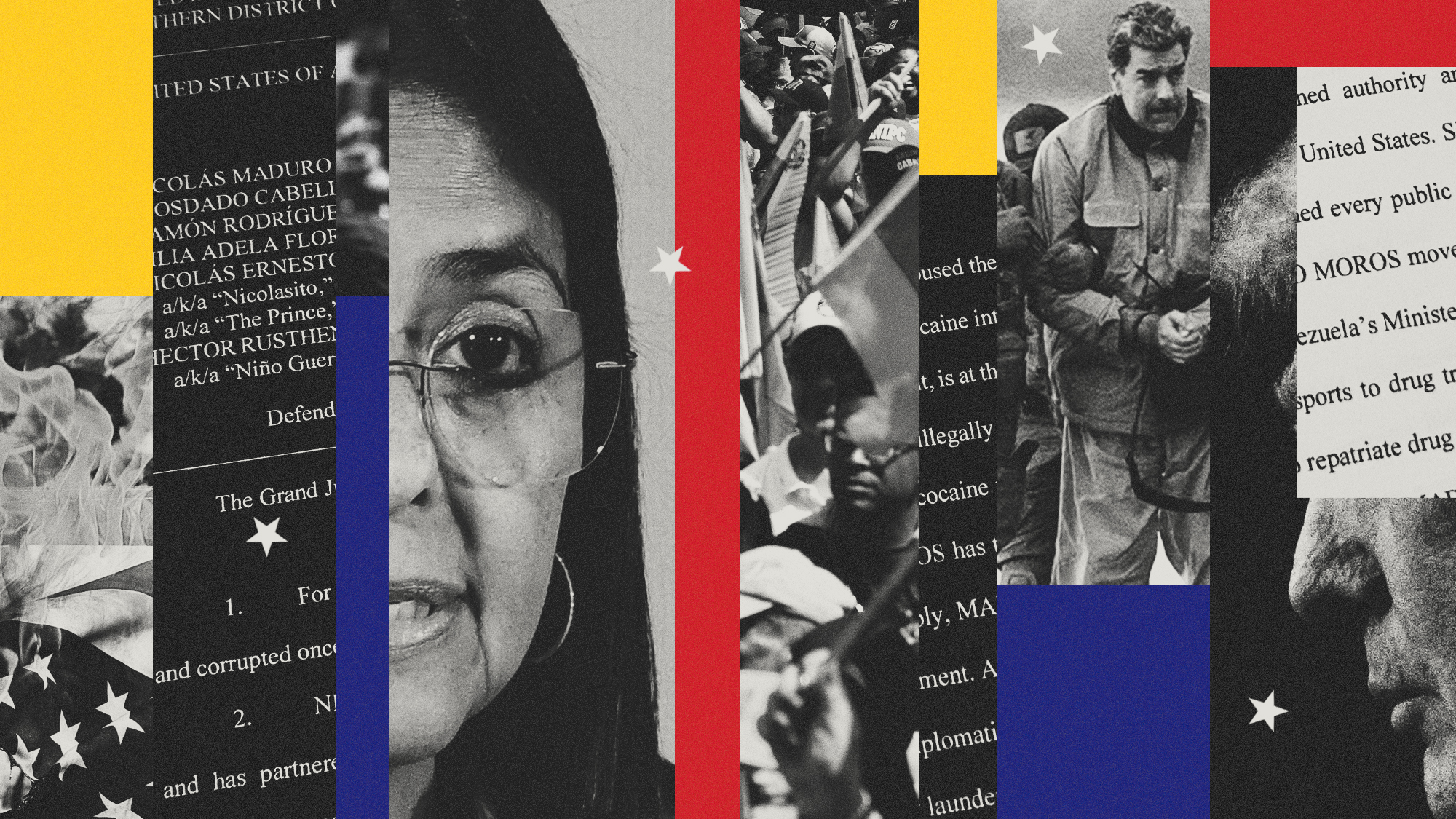Are doctors' salaries the biggest problem in health care?
A new study suggests that doctors' six-figure salaries are the true culprit behind sky-high health care costs. Time to get out the pitchforks?

The good news for American families is that median income grew 30 percent between 1999 and 2009, according to a new study from the RAND Corp. The bad news: Health costs rose even faster, leaving many families worse off. Why are health costs rising so fast? A second study, from Columbia University, suggests that the biggest factor is doctors' pay. An American primary care doctor earned an average of $186,582 in 2008 (before taxes but after expenses), while the corresponding figure in France was $95,585. American doctors with lucrative specialties — like, say, orthopedic surgery — can earn an average salary well above $400,000. As U.S. citizens and policymakers struggle with skyrocketing health costs, should we take a scalpel to physician fees and salaries?
We can't afford doctors' greed: The upshot of this study is that "greedy American doctors are taking all of our health care money, because they can," says Hamilton Nolan at Gawker. That certainly helps explain why health care is so damned expensive here, but not why primary care physicians picked the very same day this study came out to demand a raise from Medicare. Here's an idea: "Instead of giving primary care doctors a raise, how about we give specialists a pay cut?"
"Doctors overpaid, says study; 'Give us a raise,' say doctors"
The Week
Escape your echo chamber. Get the facts behind the news, plus analysis from multiple perspectives.

Sign up for The Week's Free Newsletters
From our morning news briefing to a weekly Good News Newsletter, get the best of The Week delivered directly to your inbox.
From our morning news briefing to a weekly Good News Newsletter, get the best of The Week delivered directly to your inbox.
This is just the American way: The difference between what U.S. and other Western doctors earn is "eye-popping," says Julie Rovner at NPR. But don't be too quick to pin the blame on doctors: The "sure-to-be-controversial study" suggests that all "top intellectual talent" earns more in the U.S. than in other countries. So it could be that "the only way to pay doctors less is to lower salaries for [all] the top-paid people in society," and that seems unlikely.
"Pay for U.S. doctors is tops"
And our mess of a system is bigger than doctors: Our outrageously costly health care system has "a lot of moving parts," says Erika Stutzman in the Boulder, Colo., Daily Camera, and doctors aren't the only ones who "enrich themselves at a cost to the system as a whole." Sperm banks, drug companies, insurance companies, and hospital administrators share the blame. What's worse: Our health care costs are the highest in the world, but they don't even come close to buying us the world's best health care.
A free daily email with the biggest news stories of the day – and the best features from TheWeek.com
-
 Venezuela’s Trump-shaped power vacuum
Venezuela’s Trump-shaped power vacuumIN THE SPOTLIGHT The American abduction of Venezuelan President Nicolás Maduro has thrust South America’s biggest oil-producing state into uncharted geopolitical waters
-
 Most data centers are being built in the wrong climate
Most data centers are being built in the wrong climateThe explainer Data centers require substantial water and energy. But certain locations are more strained than others, mainly due to rising temperatures.
-
 ‘Maps are the ideal metaphor for our models of what the world might be’
‘Maps are the ideal metaphor for our models of what the world might be’Instant Opinion Opinion, comment and editorials of the day
-
 Bari Weiss’ ‘60 Minutes’ scandal is about more than one report
Bari Weiss’ ‘60 Minutes’ scandal is about more than one reportIN THE SPOTLIGHT By blocking an approved segment on a controversial prison holding US deportees in El Salvador, the editor-in-chief of CBS News has become the main story
-
 Has Zohran Mamdani shown the Democrats how to win again?
Has Zohran Mamdani shown the Democrats how to win again?Today’s Big Question New York City mayoral election touted as victory for left-wing populists but moderate centrist wins elsewhere present more complex path for Democratic Party
-
 Millions turn out for anti-Trump ‘No Kings’ rallies
Millions turn out for anti-Trump ‘No Kings’ ralliesSpeed Read An estimated 7 million people participated, 2 million more than at the first ‘No Kings’ protest in June
-
 Ghislaine Maxwell: angling for a Trump pardon
Ghislaine Maxwell: angling for a Trump pardonTalking Point Convicted sex trafficker's testimony could shed new light on president's links to Jeffrey Epstein
-
 The last words and final moments of 40 presidents
The last words and final moments of 40 presidentsThe Explainer Some are eloquent quotes worthy of the holders of the highest office in the nation, and others... aren't
-
 The JFK files: the truth at last?
The JFK files: the truth at last?In The Spotlight More than 64,000 previously classified documents relating the 1963 assassination of John F. Kennedy have been released by the Trump administration
-
 'Seriously, not literally': how should the world take Donald Trump?
'Seriously, not literally': how should the world take Donald Trump?Today's big question White House rhetoric and reality look likely to become increasingly blurred
-
 Will Trump's 'madman' strategy pay off?
Will Trump's 'madman' strategy pay off?Today's Big Question Incoming US president likes to seem unpredictable but, this time round, world leaders could be wise to his playbook